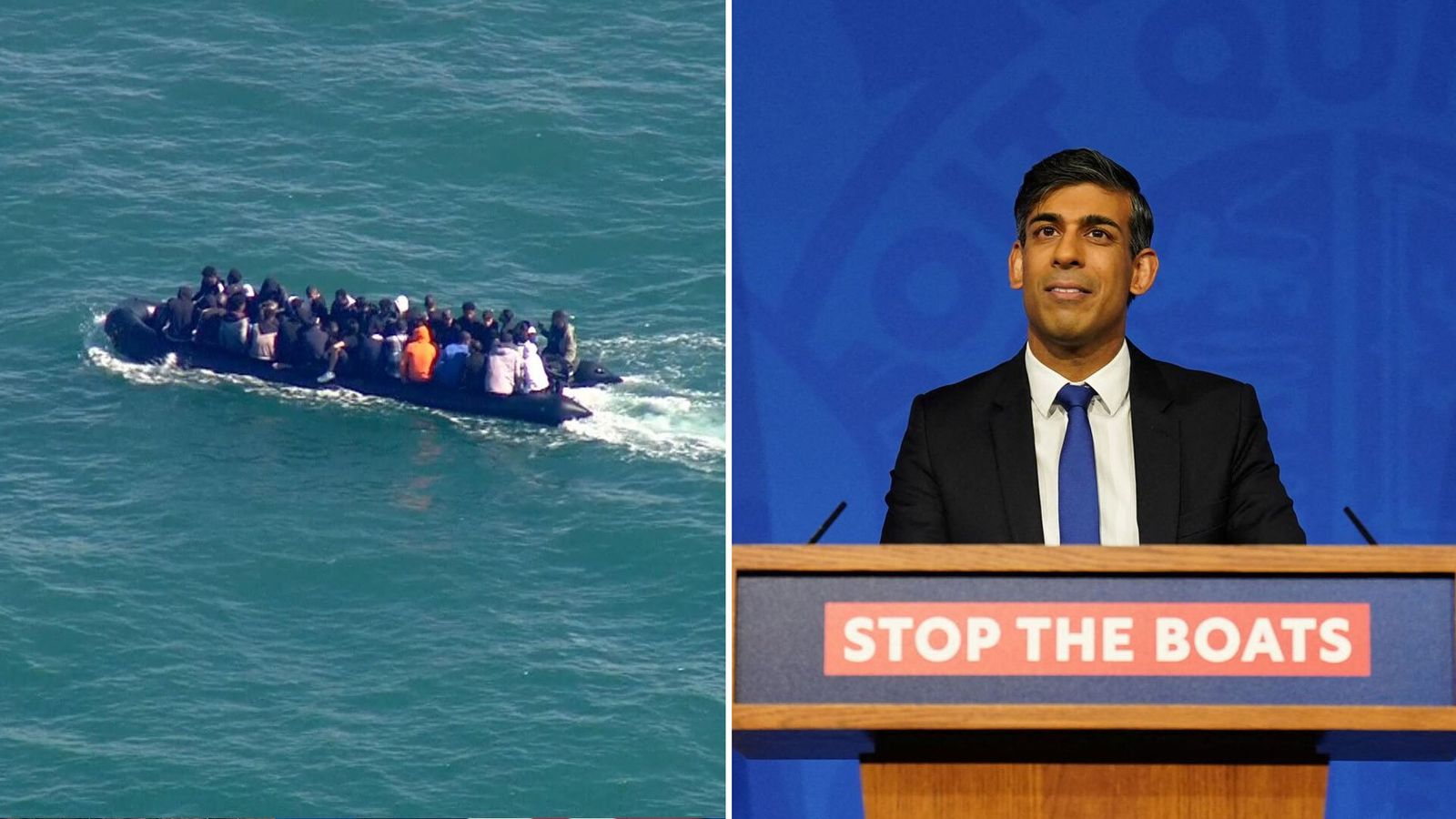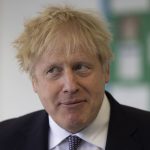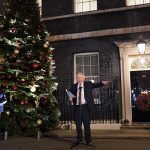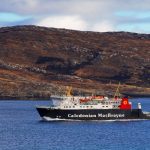Rishi Sunak himself declared that 2024 will be an election year – at the least discreet location possible: a Christmas party for political journalists.
This year that election will be looming in the background of every issue, whether politicians intend it to or not.
The Conservatives – who were last ahead in the polls more than two years ago – are trying to defy the odds to win a historic fifth term in office in the teeth of a cost-of-living squeeze.
Labour leader Sir Keir Starmer is trying to convince voters that his party has changed after their worst result in more than 80 years.
The route to a Starmer victory would need to run through Scotland – where Labour are increasingly confident of winning seats from the SNP.
And the Liberal Democrats, decimated by their coalition with the Conservatives from 2010-2015, could play a key role in ousting them in their former heartlands.
Sunak has another challenge: the Reform party, whose support will be tested in by-elections looming in the coming weeks in heavily Brexit-supporting seats. They can chip away at the Conservative vote in key seats.
Please use Chrome browser for a more accessible video player
All of these dynamics help to explain why the government is celebrating its progress towards one of Sunak’s five priorities set out a year ago – to “stop the boats”.
He initially promised to “pass new laws to stop small boats, making sure that if you come to this country illegally, you are detained and swiftly removed”.
But it has been received as stopping crossings altogether, not least because Sunak keeps saying it and standing in front of the slogan which simply reads “stop the boats”.
Like “get Brexit done”, it’s an incredibly complex policy boiled down to three words – and it’s by no means clear ministers will come close to achieving it.
The number of migrants crossing the Channel is going in the right direction.
The 2023 total was 29,432, a drop of 36% on the previous year when it reached a record high of 45,477. But it’s still the second-highest number on record.
Please use Chrome browser for a more accessible video player
A new law was indeed passed – the Illegal Migration Act – but amid loud criticism from within the party, and the Rwanda policy was eventually ruled unlawful by the UK’s highest court.
Downing Street insists the fall in migrant crossings is down to government policies such as the returns agreement with Albania, which has seen the numbers of Albanians crossing the Channel plummet.
The Immigration Services Union, representing border staff, is planning for a rise in numbers this year. Many come from the world’s most unstable places – such as Afghanistan, Sudan and Syria.
How much will all of this count for in an election?
Small boats are a key dividing line with Labour, who oppose the Rwanda policy, which the prime minister is still determined to get off the ground in the coming months – via another law.
More voters tell pollsters that while they agree with Rwanda, most believe it is unworkable. Labour is the party currently more trusted on immigration.
Immigration polls well below the NHS and cost of living in terms of issues voters say are important for them, says Joe Twyman of Deltapoll.
“Immigration is by no means strong ground for the Conservatives to compete on,” he told Sky News.
“There are a lot of people out there who stopped voting Conservative because their mortgage rates went up and energy bills soared, but there are very few who will say ‘I’m back voting Conservative because of small boats’.”
Be the first to get Breaking News
Install the Sky News app for free
The start of the year will see more announcements on cutting numbers of both irregular and legal migration – with new rules to prevent international students and health and care workers bringing family members with them to the UK.
But there are now just months to go to demonstrate success – or at least the road to it, and plenty of risks along the way.






















